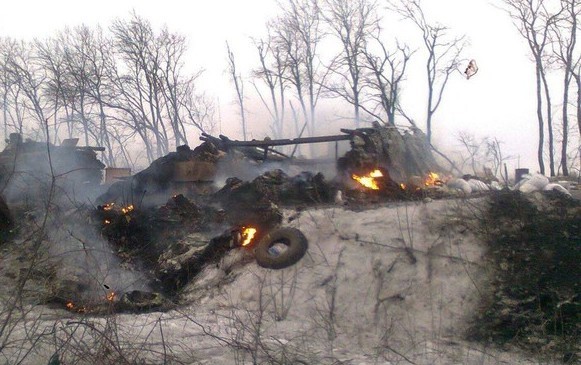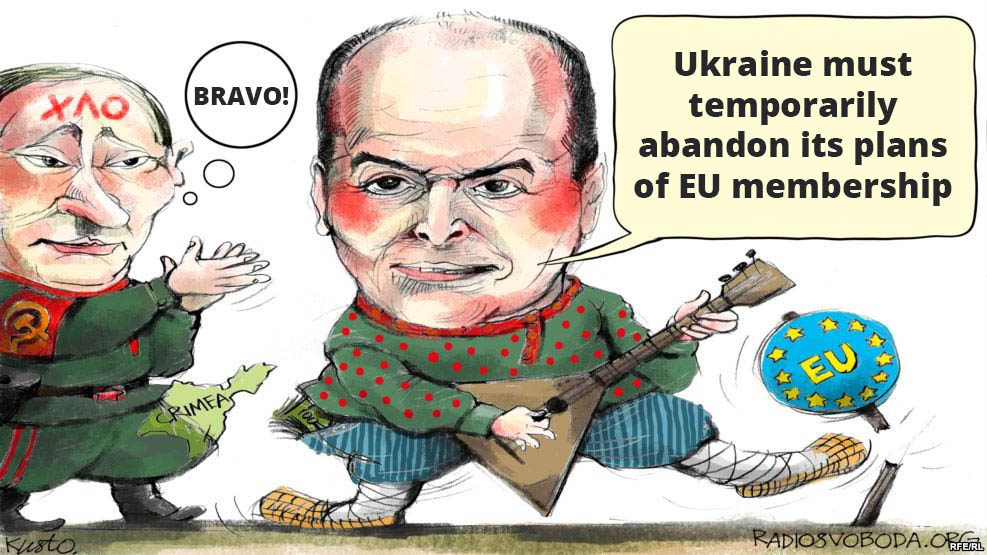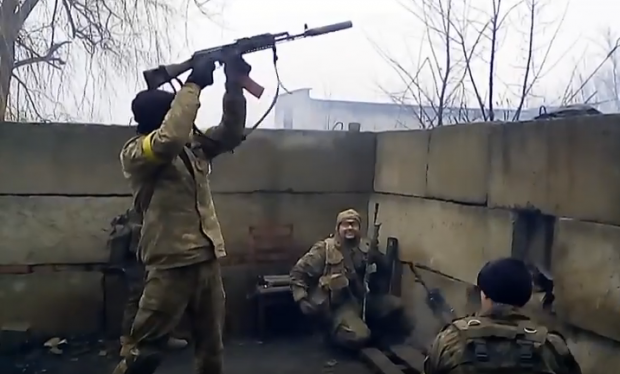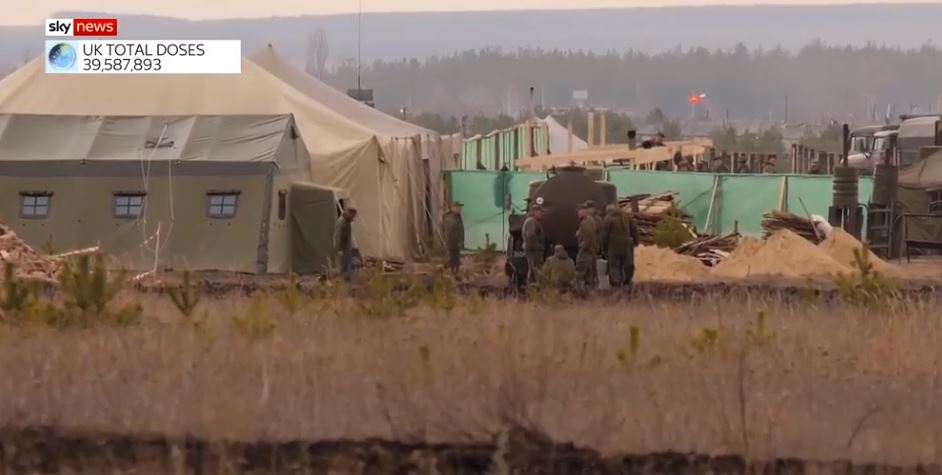Vladimir Putin has ever fewer resources to prosecute his war in Ukraine, and consequently, eventually some kind of accord will be reached, perhaps like that in Northern Cyprus or Nagorno-Karabakh where people “aren’t shooting but they are not living in peace either,” according to Russian political analyst Dmitry Oreshkin.
But that will happen only when Putin can achieve something that will allow him to stop with “a smile on his face” and the most likely result will be “a Transdniestria-2,” arguing that precisely because Putin has said that is not want he seeks, it is exactly what he wants and will do.
And while “no one knows” what Putin might do if he feels cornered – and because he has nuclear weapons that is a most serious concern – Putin is “all the same a rational man, albeit insane as well. But in his insanity, he is rational” to the extent that he doesn’t want to lose his head and uses bluffs because they work.
In an interview he gave to Viktor Stepanenko of “Novoye vremya,”
Oreshkin says that the war in Ukraine will continue as long as Putin needs it to. He wants to punish Ukraine for its independent stance in order to send a message to other former Soviet republics about the limits of the permissible as far as he is concerned.
There is another reason for assuming the war will go on for some time: Putin is someone whose style of leadership requires war. That was true of the Soviet Union. It could prosecute wars because it could organize all the resources of the country. But under peacetime conditions, that system didn’t work, and neither does Putin’s.
Moreover, “in [the current] situation, the only thing that Putin can do is to leave in the body of Ukraine an abscess” that he can exploit whenever he needs it, Oreshkin says.
Consequently, the Russian analyst says, he does “not understand when Ukrainian politicians say that Donetsk must be returned… They are not fools and they understand that this is a counter-productive idea.” They say because they cannot openly say that they do not need Donetsk because then the question would arise: what are Ukrainians fighting for?
There is a good answer to that: “they are fighting so that the Donetsk and Luhansk regime will not spread to the entire territory of Luhansk and Donetsk oblasts and that they will not try to seize Odesa, Dneprpetrivsk or Kharkhiv
.” Fighting for Donetsk and Luhansk is “a good slogan,” but it is anything but a good strategy.
Those two places have been “hopelessly lost,” and that may be for the best, Oreshkin continues. Despite the problems they can cause, they have nowhere to go. No one in Russia wants them. And they have no future as independent states: that isn’t even in Moscow’s interests which wants them only as a lever to block Ukraine from joining NATO.
According to Oreshkin, “Putin used the Minsk talks in order to show that he did not have any relation [to "DNR" and "LNR"]. He signed a paper and then the "DNR" people didn’t sign,” giving him the opportunity to show that he could influence them. “Western leaders gave the appearance that they believed all this.” But “that is part of the game which allows Putin to avoid losing face” and possibly using his nuclear weapons.
With such a leader, the Russian political analyst says, it is always necessary to take into consideration his comfort level, standing up to him, on the one hand, but “always leaving a little window open,” on the other. Naturally, everyone understands that all this was orchestrated by Moscow, and “no one has any doubts about that.”
Had things proceeded otherwise, the West could simply have insisted that Putin stop supplying arms to the Donbas militants. But that wouldn’t have corresponded to Putin’s interest because then it would have left him out of the game in Ukraine. And “it would violate his strategy if such a thing in fact exists,” Oreshkin says.
In fact, the Russian analyst says, Putin doesn’t have a well-articulated strategy beyond what he sees as the vital need to punish Ukraine. “He cannot leave Donetsk both because he would lose control and because he would lose face. He cannot administer Donetsk because the West is quite sharply limiting his ability to do so.”
What is left is to keep the situation in a flammable condition and toss in a match when he needs to. And that, Oreshkin says, is what a Transdniestria-2 outcome looks like.





